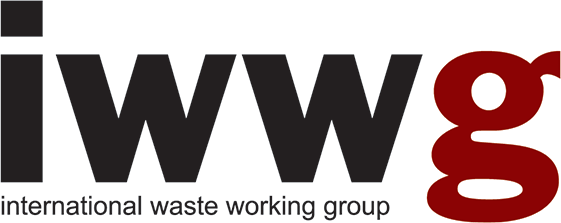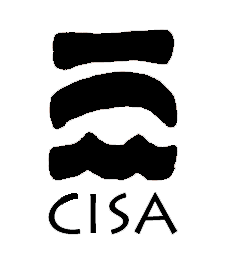Detritus is a multidisciplinary, peer-reviewed journal which publishes papers on waste resources, residue management and engineering, also with a focus on social needs and developments. The journal welcomes research articles, position and prospect papers, case studies, country reports, new technologies developments and full-scale applications, examples of “best practice”, policies and strategies and papers on lessons to be learned. Papers may originate from the selection of papers from highly qualified international conferences or from regular submissions. Papers should target a broad audience including scientists, practitioners, managers, public authorities, educators, and students.
Each manuscript will be handled by an Associate Editor and peer reviewed by a minimum of two additional independent expert reviewers. The main evaluating parameters and acceptance criteria are based on compliance with the journal aims and scope, and on innovation and practical relevance of the submitted papers. For detailed information regarding these procedures, please visit: Peer Review Process
Detritus endeavors to communicate an initial decision on manuscripts within 50 days from submission.
Accepted papers will be immediately processed and made available online with a DOI number. Letters to the Editors relating to published papers are encouraged and will be published subsequent to regular peer review.
With strict reference to the aims of the Journal, the topics covered may be grouped as follows:
- Typology of waste (Domestic and special municipal waste – WEEE, C&D, ELV, tires, sludge, waste oils, etc. – Industrial and hazardous waste, Residues from contaminated sites restoration, Mine tailings, Dredged material, Agricultural and Animal Waste, Tourism waste, Disaster waste, Religious waste)
- Minimization of waste generation (prevention, source segregation and separate collection, reuse, service sharing, etc.)
- Waste treatment and related processes (mechanical, biological, chemical) for recovery of resources from waste
- Circular Economy and Urban mining: concepts, applications, LCA and environmental impacts
- Closing the waste management loop (long term environmental impacts, sinks and geological repositories, Back to Earth alternatives, enhanced landfill mining)
- Typology, quality and functionality of recovered resources (commercial products, energy, services, social achievements, recovered land use, etc.)
- Different involved disciplines and related aspects of WM (Environmental and Earth sciences, Microbiology, Technical Chemistry, Economics, Ethics, Architecture, Hygiene and Health, etc.)
- Special aspects of WM in DCs
- Process residues management
- The role of society in WM (Education, Waste & Art, Public involvement and perception, etc.)
The following topics are not specifically comprised in the scope of the Journal:
wastewater and sludge management when not strictly linked to solid waste management issues, technical application of the recovered resources related mainly to other disciplines (i.e. Agriculture, Material science, Building science and technologies, Mathematical modeling, Operative search, etc.)


